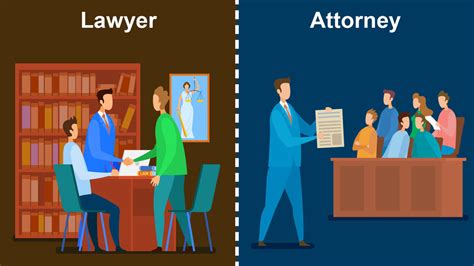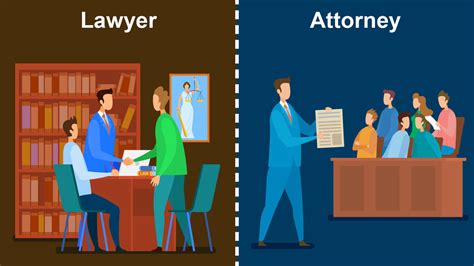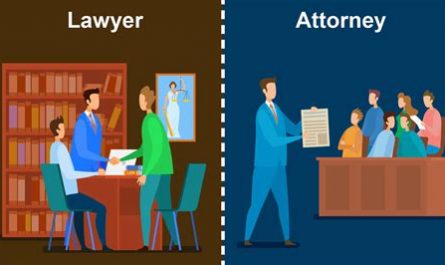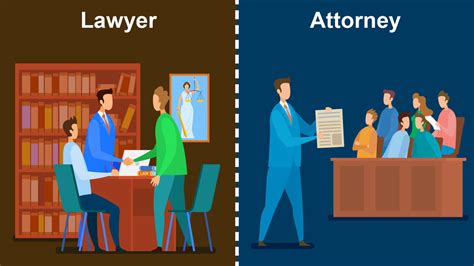Can Attorney General Make Laws? Exploring the Limits of Legal Authority

Introduction
Greetings, readers! Welcome to our in-depth exploration into the fascinating world of legal authority. Today, we’ll delve into a burning question: "Can Attorney General make laws?" Join us as we unravel the complex relationship between the Attorney General and the lawmaking process.
As citizens, it’s essential to understand the boundaries of power within our legal system. The Attorney General plays a crucial role in upholding the law, but does their authority extend to creating new laws? Let’s embark on a journey to discover the truth.
The Attorney General’s Role
Constitutional Authority
The Attorney General is an executive official appointed by the President with the Senate’s consent. Their primary responsibility is to advise the President on legal matters and represent the United States in court. The Attorney General’s office is known as the Department of Justice, a vast and powerful agency that enforces federal laws.
Statutory Authority
Beyond their constitutional duties, the Attorney General derives additional authority from various statutes. For example, the Controlled Substances Act empowers the Attorney General to schedule drugs based on their potential for abuse. This authority grants the Attorney General significant influence over drug policy, as they can add or remove substances from the list of controlled drugs.
Attorney General and Lawmaking
No Direct Lawmaking Power
Despite their significant influence, the Attorney General does not have the direct authority to make laws. The power to create laws belongs solely to the legislative branch of government, specifically the Congress. The Attorney General’s role is primarily to interpret and enforce existing laws, not to create new ones.
Indirect Influence
While the Attorney General cannot directly make laws, they can still exert indirect influence on the lawmaking process. Through their legal opinions, policy recommendations, and enforcement actions, the Attorney General can shape the legal landscape and influence the decisions of lawmakers.
Examples of Indirect Influence
1. Legal Opinions: The Attorney General’s legal opinions provide guidance to other government agencies and can influence how they interpret and enforce laws. For instance, an Attorney General’s opinion on the scope of a particular statute may affect how law enforcement agencies approach cases involving that statute.
2. Policy Recommendations: The Attorney General can make policy recommendations to the President and Congress. These recommendations can suggest changes to existing laws or the creation of new laws. While lawmakers are not obligated to follow the Attorney General’s recommendations, they often carry significant weight due to the Attorney General’s expertise in legal matters.
Table: Attorney General’s Indirect Lawmaking Influence
| Aspect | Description |
|---|---|
| Legal Opinions | Provide guidance on interpreting and enforcing laws |
| Policy Recommendations | Offer suggestions for changing or creating laws |
| Enforcement Actions | Can shape the legal landscape by targeting specific behaviors or industries |
Conclusion
In summary, the Attorney General does not possess the direct authority to make laws. However, they can indirectly influence the lawmaking process through their legal opinions, policy recommendations, and enforcement actions. This indirect influence allows the Attorney General to play a significant role in shaping the legal landscape and ensuring that the laws are interpreted and enforced fairly.
Thank you for joining us on this legal adventure. To further explore our legal system, be sure to check out our other articles on topics such as the Supreme Court, constitutional law, and the rights of citizens.
FAQ about Can Attorney General Make Laws
Can the Attorney General make laws?
No, the Attorney General does not have the authority to make laws. The legislative branch of government, typically the legislature or parliament, is responsible for making laws.
What is the role of the Attorney General?
The Attorney General is the chief legal advisor to the government and represents the government in legal matters. They provide legal advice, represent the government in court, and enforce the law.
Does the Attorney General have any say in lawmaking?
In some jurisdictions, the Attorney General may provide legal advice and opinions to the legislative branch while laws are being drafted. They may also advise the government on the constitutionality of proposed laws.
Can the Attorney General veto laws?
In some jurisdictions, the Attorney General may have the authority to review laws passed by the legislature and advise the governor whether or not to veto them.
Can the Attorney General interpret laws?
Yes, the Attorney General can interpret laws and issue legal opinions on their meaning. These opinions can guide government agencies and the public in understanding and complying with the law.
What happens if the Attorney General disagrees with a law?
If the Attorney General believes that a law is unconstitutional or otherwise flawed, they may challenge it in court. They may also recommend that the government seek to amend or repeal the law.
Can the Attorney General propose laws?
In some jurisdictions, the Attorney General may have the authority to propose new laws to the legislature. However, they cannot unilaterally enact these laws.
What is the difference between the Attorney General and the legislature?
The Attorney General is a part of the executive branch of government, while the legislature is a part of the legislative branch. The Attorney General interprets and enforces laws, while the legislature creates them.
How is the Attorney General appointed or elected?
The method of appointing or electing the Attorney General varies by jurisdiction. In some cases, they are appointed by the president or governor, while in others they are elected by the legislature or the public.
What are the qualifications to be Attorney General?
The qualifications to be Attorney General also vary by jurisdiction. Typically, they require a law degree and significant experience in law enforcement or legal practice.









